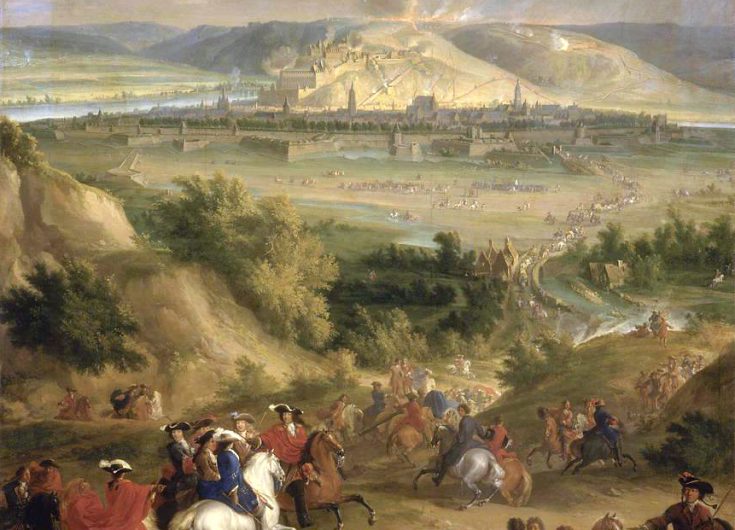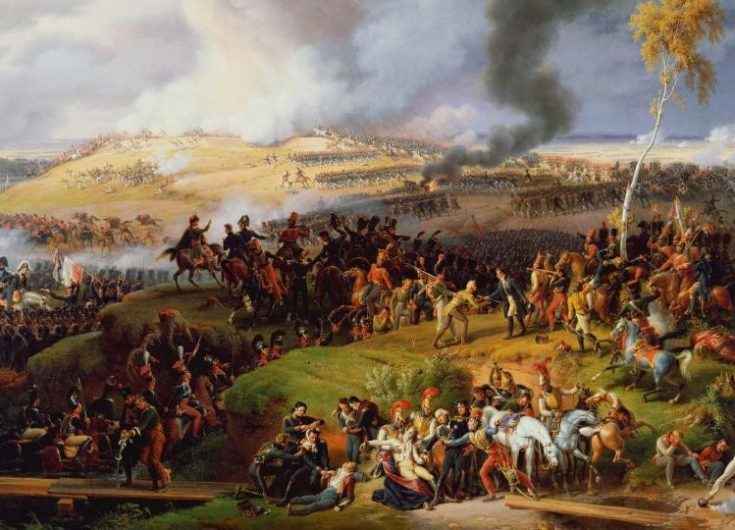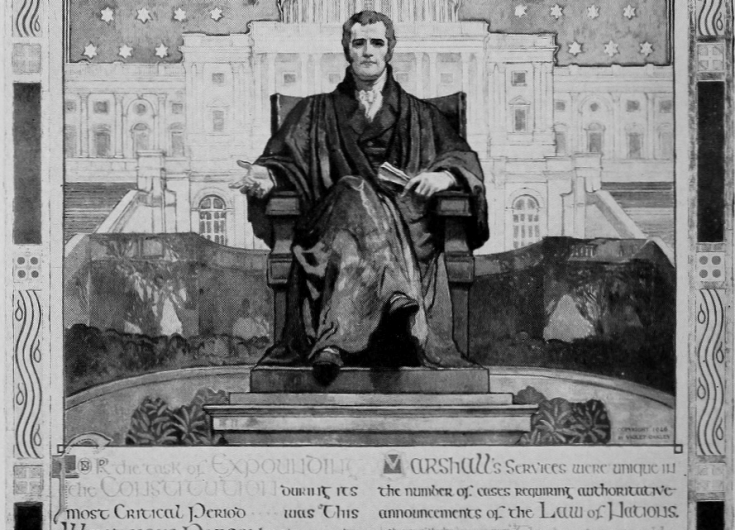Search Results for: Carolina Kenny
François de Callières, The Art of Diplomacy (1716)
In The Art of Diplomacy, secret diplomacy is considered as embedded in the art of negotiation. In this regard, Callières notes that secrecy is absolutely necessary for the generation of confidence and understanding. He advocates that secret negotiations could help maintain peace and thus are necessary to manage relationships between states. Callières believes that before a diplomat could progress towards a negotiated settlement of a dispute, confidence and confidentiality have to be established. He explains that “an able minister will take care that no man shall penetrate into his secret before the proper time.”
Jeremy Bentham, Principles of International Law (1786-1789/1843)
The older phrase law of nations, according to Bentham, refers to a certain discursive space only through the force of custom, or convention. However, he believed that a more appropriate designation should go beyond mere convention. According to Bentham, the phrase law of nations is a sign relying on the mediation of convention. Without the convention, "the force of custom," the phrase law of nations might be understood as one designating the domestic, municipal law of diverse nations. On the other hand, Bentham explains, that international is a term that stands in no need of the mediation of custom and convention. To put it more simply, Bentham proposed to replace the concept of the law of nations with that of the law between nations.
Emmerich de Vattel, The Law of Nations (1758)
The Law of Nations had a particular impact on the American revolutionaries of the late 18th Century and early 19th Century. Vattel’s ideas were utilized to argue against the tax burden which the British Crown levied on the American colonies. Early American lawyers and jurists were exuberant Vattelophiles. In 1775, Benjamin Franklin received three copies of a new edition on behalf of the Continental Congress and, in thanking his friend Charles Dumas for sending them from the Netherlands, he remarked that they “came to us in good season, when the circumstances of a rising State make it necessary to frequently consult the law of nations” and that “[the book] has been continually in the hands of the members of our Congress now sitting."
Hugo Grotius, The Law of War and Peace (1625)
Writing in the early 17th century, when much of Europe was in turmoil, Grotius sought to identify principles of law that might offer a peaceful basis for resolving and preventing wars. His three-volume book, first published in 1625 and dedicated to Grotius' patron at the time, Louis XIII, is regarded as the foundation of modern international law. In The Law of War and Peace, Grotius developed a system of principles of natural law, which are held to be binding on all people and nations regardless of local customs.
Alberico Gentili, De Jure Belli Libri Tres (1588-1599)
Alberico Gentili (1552-1608) was an Italian jurist, practicing lawyer and professor of law at Oxford University, who is consistently mentioned as a key figure at the very origins of modern international law. Just a few years before Hugo Grotius, Gentili took substantial steps in the development of a secular jurisprudence. Yet, his standing as a “pioneer” of the modern concepts of international law has been overshadowed by the preeminence of Grotius, the Dutch jurist generally regarded as the father of international law.
Francisco de Vitoria, Relectiones (1538-1539)
War is essential in Vitoria’s work because Vitoria’s concept of sovereignty is elaborated mainly in terms of the sovereign’s right to wage war. As Vitoria constructs a law of nations, administered by the sovereign, he reintroduces Christian norms as universal rules endorsed by jus gentium. Evangelizing is authorized not by divine law but by the law of nations, and may be likened now to travelling and trading. Vitoria argues that “…ambassadors are inviolable in the law of nations (jus gentium). The Spanish are the ambassadors of Christendom, and hence the barbarians are obliged at least a fair hearing and not expel them.” Thus, acceptance of the Christian faith could not be forced and should not serve as an excuse for conquest.






